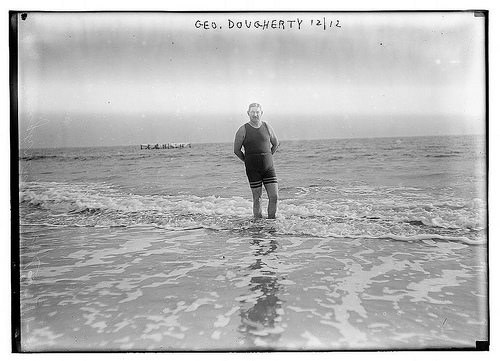The Shallow Surplus
By:
July 2, 2010

Summer brings two books that offer very different conclusions about the role of the Internet in our lives. Clay Shirky’s Cognitive Surplus offers the idea that we’re use the Web to leverage the free time given us by the bounty of late capitalism to share information and create new things; The Shallows, by Nicholas Carr, explores the effect of Internet life on cognition itself, marshaling evidence that the Web may be shortening our attention spans and destroying contemplative thought. The two books would seem to want to have a conversation — it shouldn’t surprise, however, that they end up talking past one another.
Jonah Lehrer has covered both books with his customary thoughtfulness and verve. In his Times review of The Shallows, Jonah, author of Proust Was a Neuroscientist, diligently picks apart Carr’s appeals to cognitive science. At the Barnes & Noble Review, he questions Shirky’s take on life before and beyond the Web, arguing that reading, viewing, and conversation are every bit as rich and creative as much of the sharing we do online (and indisputably richer than LOLcats).
I’m doing my level best as well. Over at Niemanlab.org, the web site of Harvard’s Nieman Journalism Laboratory, I’m live-blogging my reading of both books. Twice weekly I’ll be posting thoughts on a chapter (give or take) of each book in turn. In the opening chapters, I’m finding both books intriguing but ultimately disappointing: a surplus of shallows. The place of the Internet in history promises to be more complex than either author is willing to admit: more powerful and more troubling. Once again I’m caught in the radical middle, between the techno-apologists and the paleobibliophiles, where no major-magazine story proposals dare to tread.
